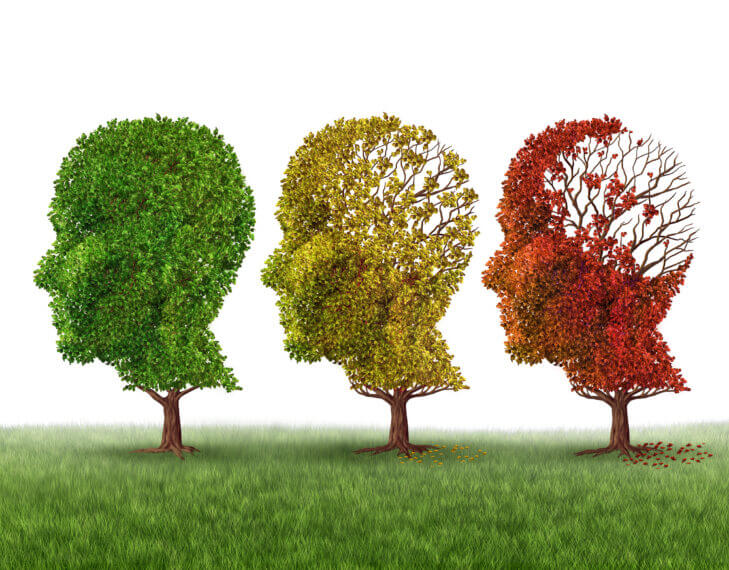Playback speed:
The progression of dementia comes along with changes in persons living with dementia:
- Abilities in Activities of Daily Living (ADLs)
- Behaviours
- Cognitive Function
- Orientation to People, Places and Time
Dementia progression and its corresponding behaviour changes require the appropriate response from caregivers.
With the necessary information and resources at hand, you will be better equipped to respond to these changes while providing care for persons living with dementia.
Dementia Progression
Enable Persons Living With Dementia to Perform Their Daily Activities
In the fourth episode of the 6-part series “All About Dementia – Ask the Experts”, Ms Low Mui Lang answers questions related to managing the daily activities for persons living with dementia.
By watching this video, you can learn some helpful tips on how you can enable your loved one living with dementia to perform his/her daily activities, such as supporting him/her to continue what he/she loves to do, or assisting him/her in showering and respecting his/her privacy at the same time.

The following articles offer general tips which may help you to manage the progression of a person’s dementia.
Behaviour Changes
In addition, it is important to note that persons living with dementia present symptoms and behaviour differently. These symptoms and behaviours also differ across different types of dementia, and change as a person progresses through different stages of dementia.
Behaviour Changes at Mild and Moderate Stages of Dementia
Behavioural Changes in Advanced Stage Dementia
Some common behaviours in the advanced stage of dementia include:
- Losing mobility and ability to perform daily tasks
- Losing ability to communicate
- Food refusal
- Swallowing problems
Read the following articles about managing some of these behaviours in the advanced stage of dementia:




